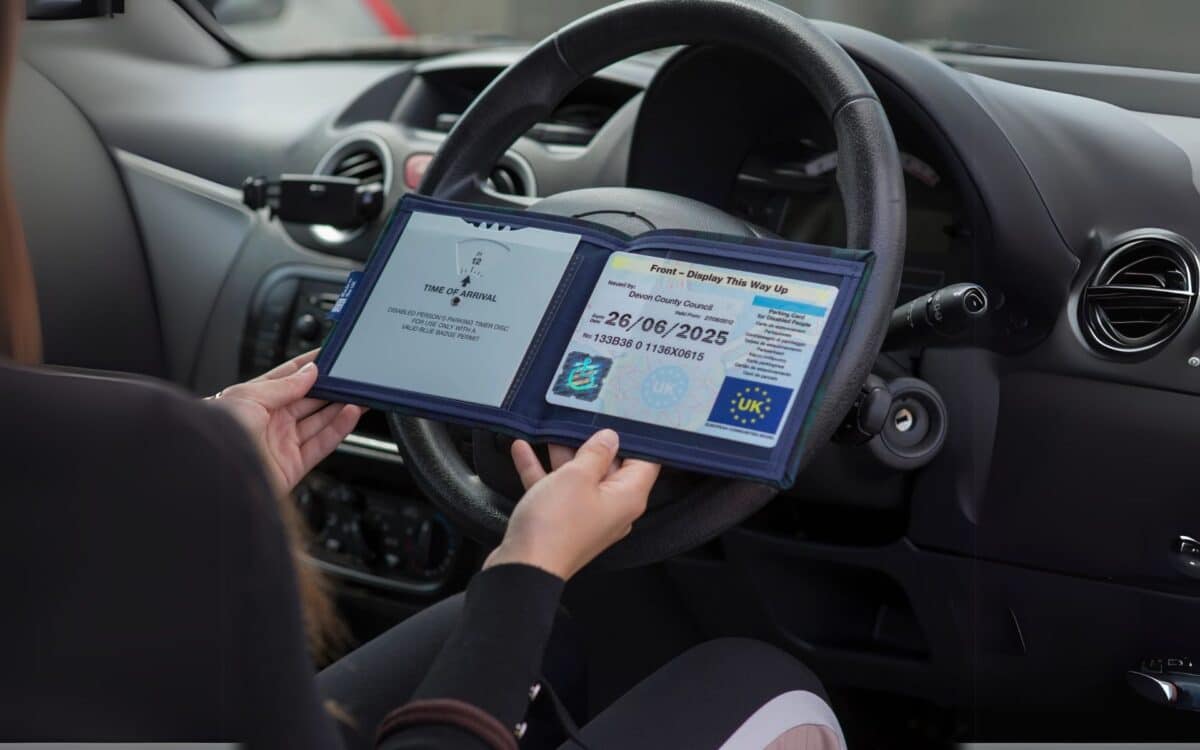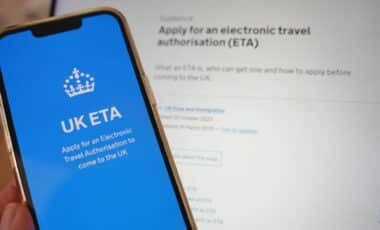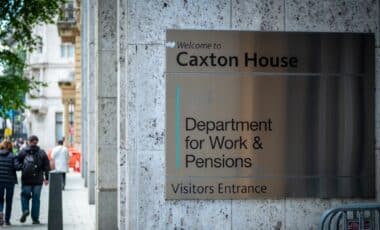Concerns over the future of the Blue Badge scheme have emerged following recent announcements on proposed reforms to disability benefits, including Personal Independence Payment (PIP). According to LancsLive, a DWP minister has now clarified that eligibility for Blue Badges will remain unchanged despite the adjustments suggested in the government’s latest Green Paper.
Clarification from the DWP on PIP and Blue Badge Link
In a recent Commons session, Labour MP Liam Conlon raised concerns about potential knock-on effects of PIP reforms on “passported benefits” like the Blue Badge and Carer’s Allowance. These benefits are often linked to eligibility for PIP, and campaigners have warned that thousands could lose access to additional support if their PIP entitlement changes.
Sir Stephen Timms, Minister for Work and Pensions, addressed the issue directly:
“Availability of Blue Badges is not affected by anything in the Green Paper, because the mobility component of Personal Independence Payment is not changed by any of the proposals that we have made.”
While access to Carer’s Allowance may be impacted by the proposed reforms, the DWP has confirmed that Blue Badge rules will remain as they are, protecting access for those with mobility difficulties.
Who Currently Qualifies for a Blue Badge?
Eligibility for a Blue Badge, which provides free or priority parking for people with mobility impairments, includes both automatic and discretionary categories.
You may automatically qualify if you:
- Receive the Higher Rate of the Mobility Component of Disability Living Allowance (DLA)
- Score 8 points or more in the “moving around” activity under PIP
- Are registered blind (severely sight impaired)
- Receive a War Pensioner’s Mobility Supplement
- Have received a lump sum from the Armed Forces Compensation Scheme with a permanent mobility-related disability
You may also be eligible if you:
- Have serious difficulty walking due to an injury, disability or health condition
- Experience severe psychological distress when travelling (e.g. PTSD, autism, dementia)
- Have a hidden disability that limits your ability to use public transport
- Struggle to operate parking meters due to arm or limb impairments
These criteria are assessed by local authorities based on evidence from GPs, medical specialists, or benefit letters.
Application Process and Validity
Applying for a Blue Badge can be done online via the official UK government website, through local councils, or by post. Applicants typically need to provide:
- Proof of identity and address
- Evidence of disability or health condition
- A recent photograph
- Payment (usually £10, though it may vary by area)
Applications can take up to 12 weeks to process, and once approved, a Blue Badge is valid for three years.
Wider Impact of PIP Reforms Still Unclear
While Blue Badge eligibility remains stable, the broader PIP changes continue to raise concerns. Some benefits that depend on PIP could be reassessed or restricted if new scoring criteria or eligibility thresholds are introduced. The DWP has committed to further discussions and consultations, particularly on how support is delivered to individuals who may no longer qualify under updated rules.
Sir Stephen Timms also noted he was open to further discussions on access to Carer’s Allowance, which remains more directly impacted by the proposed benefit revisions.









